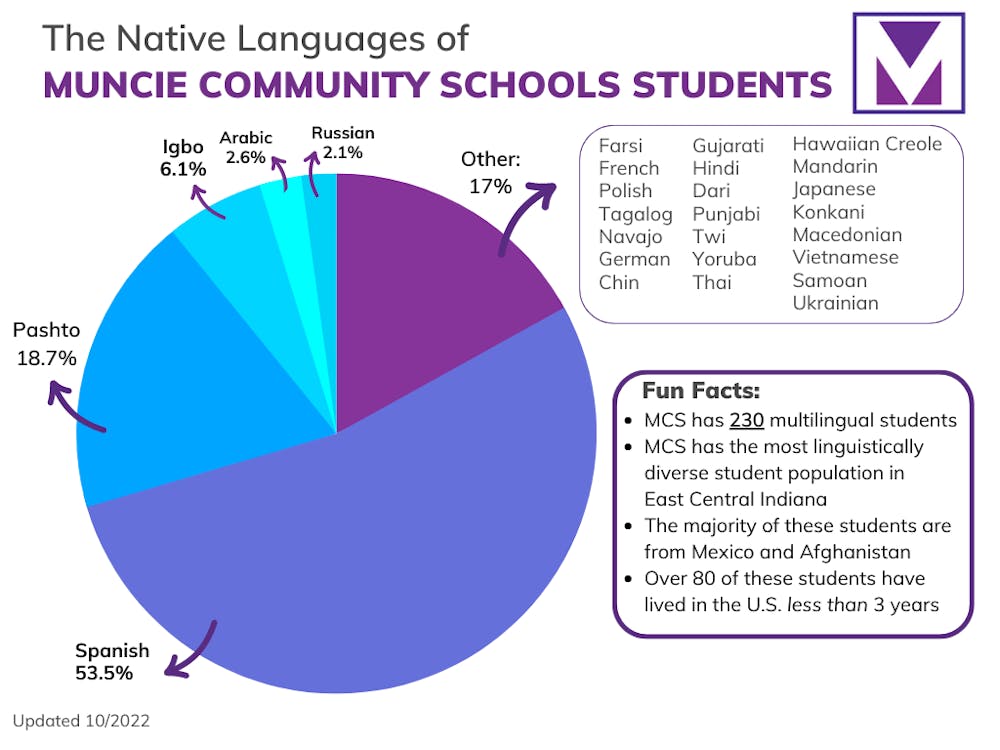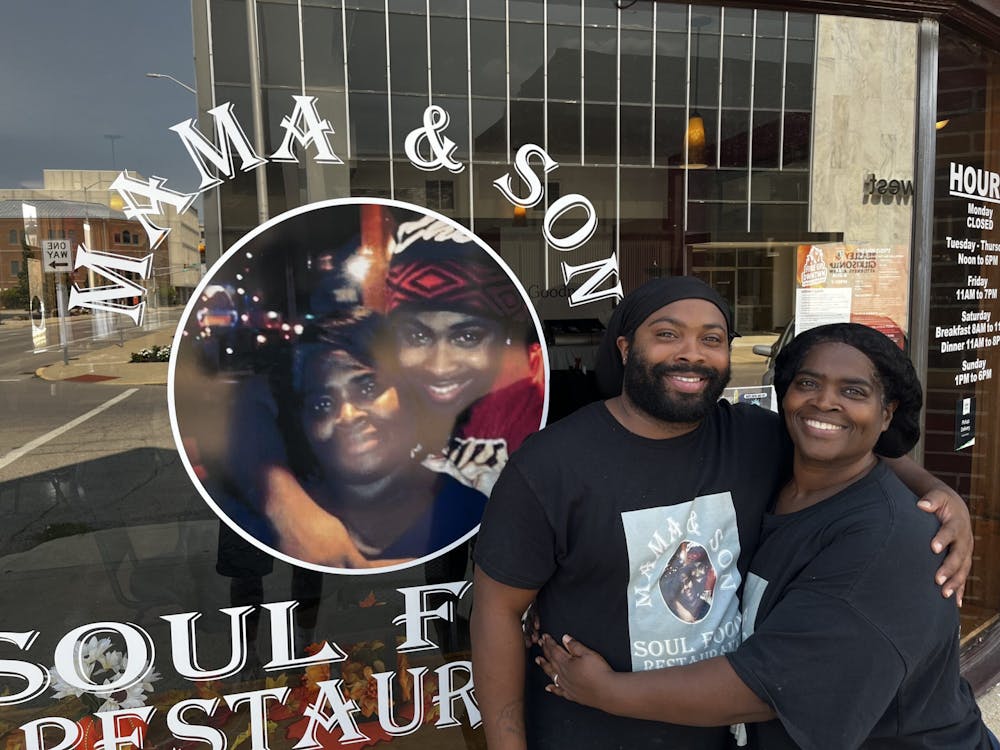Story by Izzy Burks / Inform Muncie
Editor's Note: This story was originally published in December 2022
Muncie: What once was a strong community has struggled in the clutches of American problems.
Collaborative community life in South-central Muncie has decreased over the years due to economic issues. The causes of this are not the fault of the community’s members, but the members can work to mend it.
I spoke with Mike Martin, who is a co-owner of The Common Market in Muncie. He is also a community-forward, passionate citizen of Muncie. Martin’s ideas input into the issues of community in Muncie prompted me to do more research.
Martin pointed out the fact that Muncie once was considered Middletown, America. A pair of sociologists, Robert Staughton Lynd and Helen Merrell Lynd, started this discussion with their studies in the 1920s and 1930s. Their declaration of Muncie as “Middletown” meant that it was a very average small city in America. The city represented America, revealing what average Americans believe, how they vote, their working conditions and what they do in their daily lives.
Being Middletown also means that Muncie has been heavily affected by American issues. With the rise of large corporate organizations and the decrease of unions in the country, the city of Muncie has suffered consequences.
The community was essentially built around the General Motors factory that once existed in Muncie. Southcentral Muncie became dependent on the factory and its company. In the years leading up to the 2010s, General Motors began to fail, and the factory eventually went out of business. The fall of the factory left this part of Muncie with many issues – economic, environmental and social.
The expectation for a community to immediately heal itself after being so dependent on a corporation is unrealistic. It ripped the community at its seams, and to heal from this takes time and effort.
The system has been different even before the failure General Motors. The economy changed from blue collar to white-colle high-tech. This reflects changes in the entire country.
Martin also brought up to me that union influence has decreased in the United States, which has heavily impacted workers. Again, American issues are Muncie issues, so this impact has been felt in the community.
Unions allow workers to voice their opinions and try to stop employers from exploiting workers. They try to prevent employers from firing people without justification and discriminating against workers of color, for example.
In 1983, 20% of Americans workers were union members. By 2021, only 10.3% of workers in the U.S. were part of a union. This plummet has prevented workers from being able to protect themselves from certain harmful decisions employers can possibly make. It has taken away their voices.
This issue affects Muncie so prominently because, as I have stated, it is Middletown. The city represents average Americans. The working class in the U.S. has been harmed, so the working class in Muncie has been harmed. This can drive all kinds of issues.
These economic issues have caused a dramatic general decrease of community participation in Muncie. Problems such as addiction, drug overdoses and food deserts have loomed in the south side of Muncie. Small businesses and gathering places have gone under and citizen morale has been damaged. The system continues to hurt ordinary citizens.
Something can be done about this system. Hope is not gone. Organizations like the 8twelve Coalition in collaboration with passionate entrepreneurs such as Martin are working to help heal the community and to fix the system from within.
Political figures and corporations must support unionization in order to help communities like Muncie who have been impacted and turned underprivileged by the issues in the United States.
South-central Muncie has definitely faced and been hurt by American issues, and the community members have been put through the wringer simply because their community was originally built around a corporation, whose departure is not their fault. If hope stays alive, these issues can be worked on and fixed, if only little by little.




